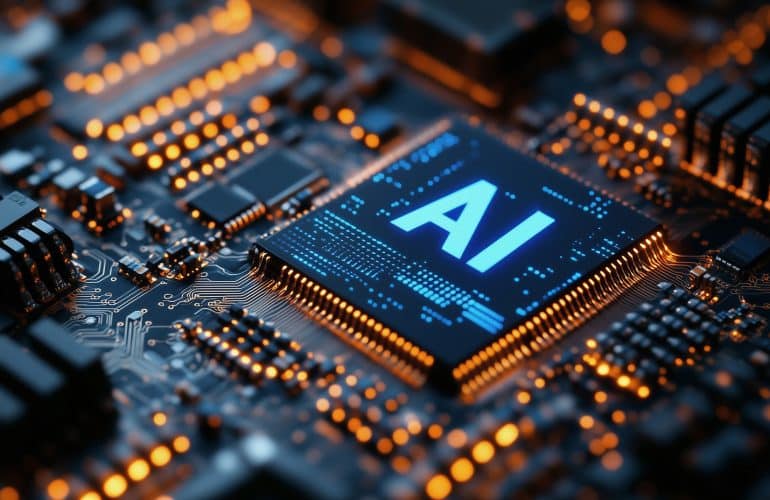Key Takeaways
- Agentic AI is a transformative tech that autonomously understands goals and manages workflows in HR.
- It can enhance HR’s strategic role by moving beyond simple tools to functioning as a digital teammate.
- Real agentic AI requires rich data, connected infrastructure, and strong governance to be effective.
- A solid foundational data architecture is crucial; clean, connected data enables meaningful insights.
- Connectivity between systems is essential for agentic AI to function intelligently and contextually.
- Transparency and governance ensure accountability in AI systems, allowing human oversight in key processes.
- Data quality and model accuracy are vital; agentic AI must meet high standards to prevent bias and inaccuracies.
- The adoption of agentic AI in HR is just starting, with potential applications rapidly expanding beyond administrative tasks to strategic functions.
In the ever-evolving landscape of Artificial Intelligence (AI), a new transformative technology is making waves in Human Resources (HR): Agentic AI. This groundbreaking tech not only autonomously understands goals and manages workflows but also redefines HR’s strategic role, elevating systems from mere tools to essential digital teammates. Let’s delve into the workings of agentic AI, its requirements, and its potential to revolutionize HR functions.
Understanding Agentic AI
Agentic AI is not just an enhanced version of traditional AI; it’s a paradigm shift. Unlike traditional AI tools that require human prompts and inputs, agentic AI proactively identifies and remedies HR needs. Imagine an HR department where an AI can autonomously discern hiring needs, assess potential candidates, and even suggest best-fit applicants without being prompted—this is the essence of agentic AI.
Building the Foundation: Essential Requirements for Agentic AI
To fully harness the power of agentic AI, certain foundational elements are essential:
Rich Data and Connected Infrastructure
- Data Quality: For agentic AI to be effective, it needs access to rich, clean, and connected datasets. A robust data architecture forms the backbone of these intelligent systems, enabling them to extract meaningful insights.
- System Connectivity: Agentic AI thrives on the ability to access and process information across multiple platforms. Seamless integration and connectivity are imperative to enable agentic AI to operate intelligently and provide contextually relevant outputs.
Governance and Transparency
- Accountability: Although agentic AI operates autonomously, it requires clear governance structures to ensure transparency and accountability. Human oversight remains crucial, particularly in tasks that involve subjective judgment and ethical considerations.
- Bias Mitigation: Given the profound impact of AI decisions on people’s lives, agentic AI must constantly meet high data and model quality standards to prevent biases and inaccuracies from creeping into its recommendations.
The Strategic Edge: Benefits of Agentic AI in HR
Agentic AI promises to redefine the HR landscape in several profound ways:
- Enhanced Strategic Role: By effortlessly managing complex workflows, agentic AI frees up HR professionals to focus on strategic initiatives rather than routine administrative tasks.
- Improved Decision-Making: Real-time insights and predictive analytics enable HR teams to make more informed decisions, thereby increasing organizational agility and competitiveness.
- Faster Processes: Automated and streamlined operations cut down on the time-intensive nature of HR tasks, allowing for rapid and effective talent management solutions.
The Path Forward: Implementing Agentic AI
For HR leaders seeking to implement agentic AI, a few steps should be considered:
- Data and Infrastructure Assessment: Ensure the organization’s current data systems are equipped to handle the demands of an agentic AI, focusing on data quality and infrastructure connectivity.
- Governance Framework: Establish robust governance policies to oversee the AI’s operations, ensuring transparency, explainability, and the ability to intervene when necessary.
- Training and Change Management: Prepare your HR team to adapt to the new technological landscape, offering training sessions and support to help them fully leverage the capabilities of agentic AI.
Agentic AI represents more than a technological advancement; it is a fundamental shift in how HR teams can operate—evolving from administrative hubs to strategic partners within the organization. As HR leaders embrace this technology, they’ll unlock unprecedented levels of efficiency, accuracy, and strategic insight, propelling their organizations into the future.




